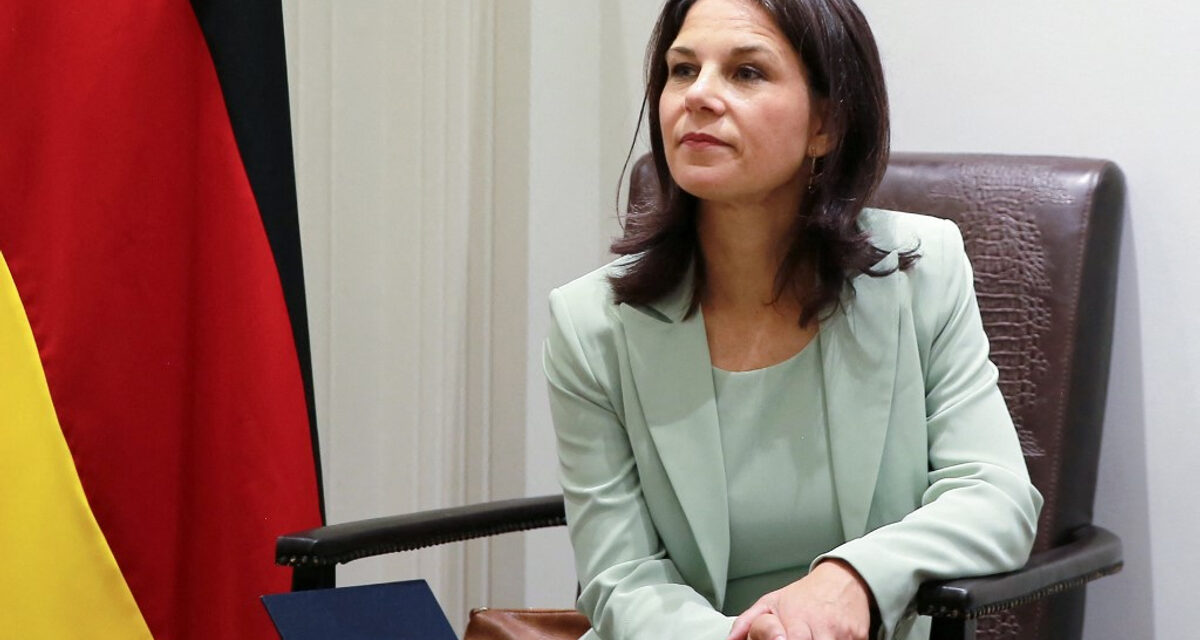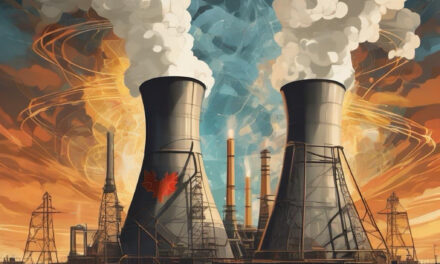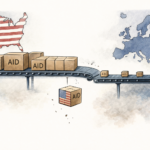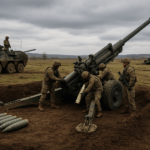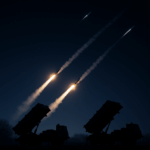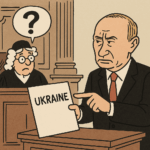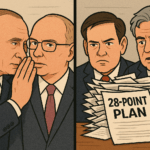On 21 March 2025, Germany’s Federal Foreign Office reported that the Bundestag’s budget committee approved an additional almost €3 billion in short-term support for Ukraine—an outcome Foreign Minister Annalena Baerbock described as finally breaking a months-long deadlock. Berlin pairs this immediate infusion with a plan to contribute around €7 billion again in 2025 for military assistance, and with commitment appropriations totalling €8.25 billion that can be used to commission further support through 2029. Together, the package is presented as a major step forward that restores momentum, provides Kyiv with planning certainty, and signals that Germany remains a reliable partner. Baerbock links the decision directly to the worsening military situation for Ukraine in recent months and to urgent, concrete needs: more air-defence missiles, artillery ammunition, spare parts and complete weapons systems to withstand Russia’s unlawful aggression. She also casts the move as part of a wider European strategy. Germany, she says, is taking the lead at the EU level and expects partners to help mobilise additional funds, turning national action into a broader collective response. The statement underscores the timing by pointing to massive recent strikes on Odesa and other Ukrainian cities, arguing that increasing resources now sends a clear signal to Moscow that Europe’s commitment to a sovereign, democratic and self-defending Ukraine will not waver—while simultaneously strengthening Kyiv’s hand in any talks on a lasting peace. Alongside Ukraine-focused measures, the decision also sets aside further resources to support Moldova’s security forces, acknowledging the spillover risks and regional fragility produced by Russia’s war. In sum, the budget committee’s vote is positioned as both urgent crisis management and long-term scaffolding: money that can be spent quickly to plug critical air-defence and ammunition gaps, and authorisations that allow Berlin to lock in multi-year contracts and sustain deliveries. For Baerbock, the political message is as important as the sums involved: Germany is moving first, intends to keep shoulder-to-shoulder with Ukraine, and is challenging fellow Europeans to match that resolve and scale.
Germany Unlocks €3B Now, €7B in 2025 to Bolster Ukraine
